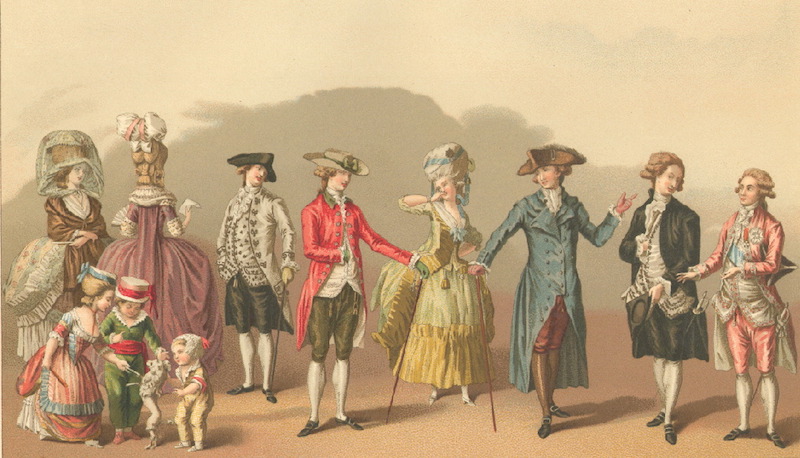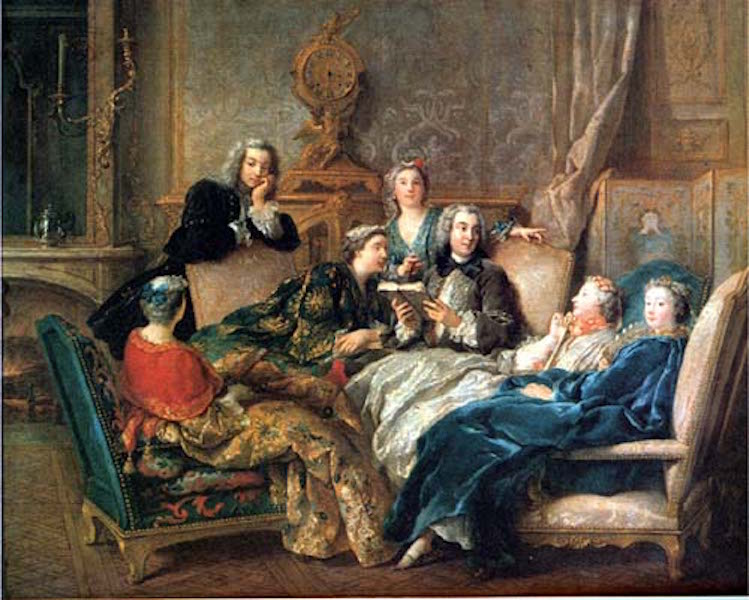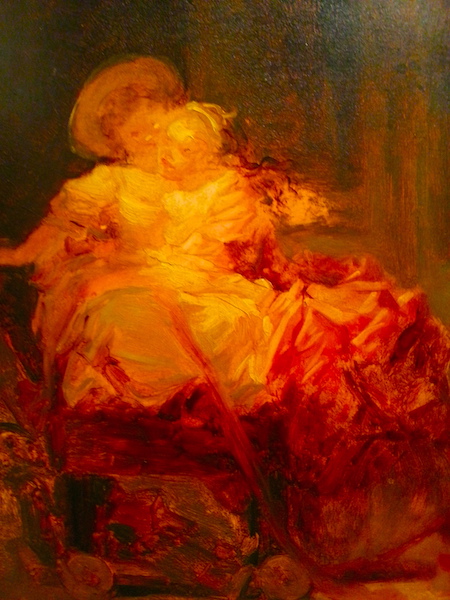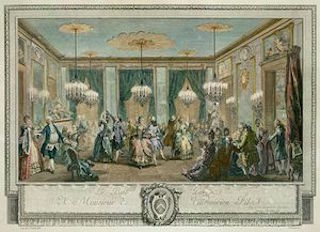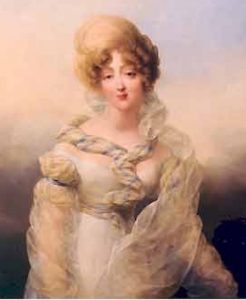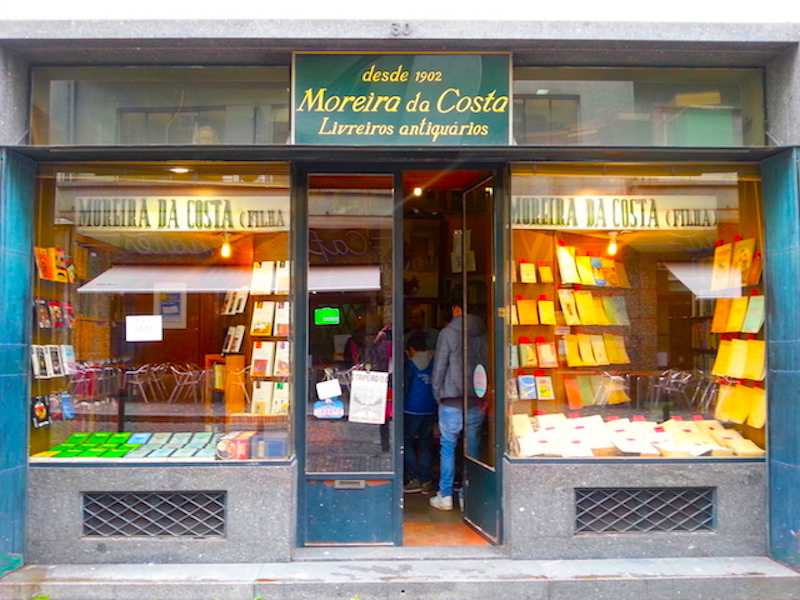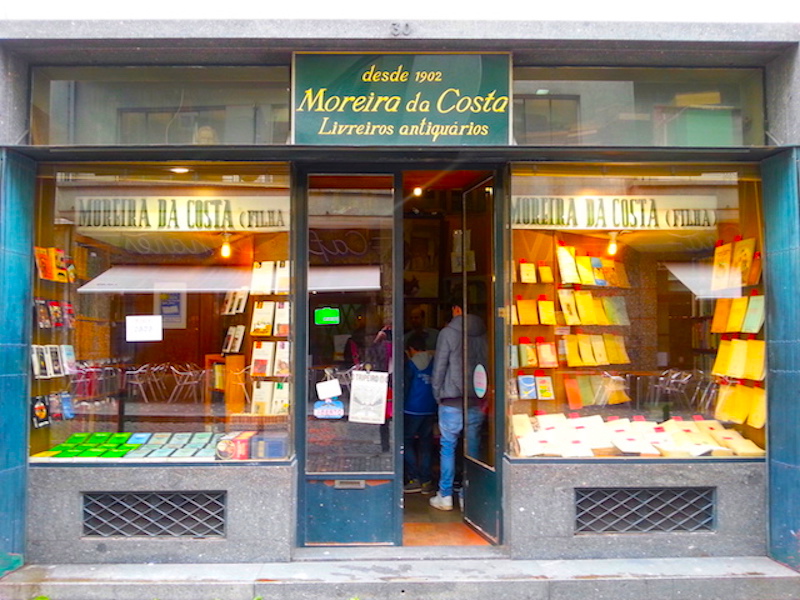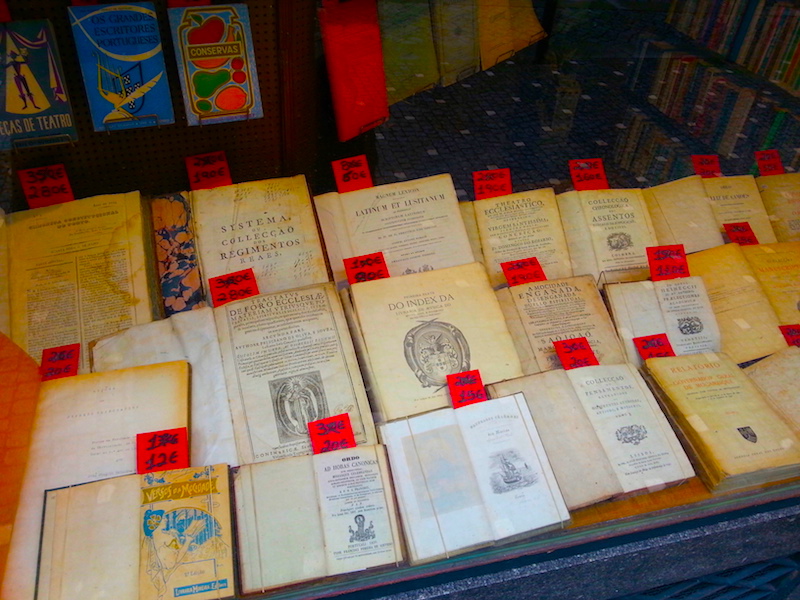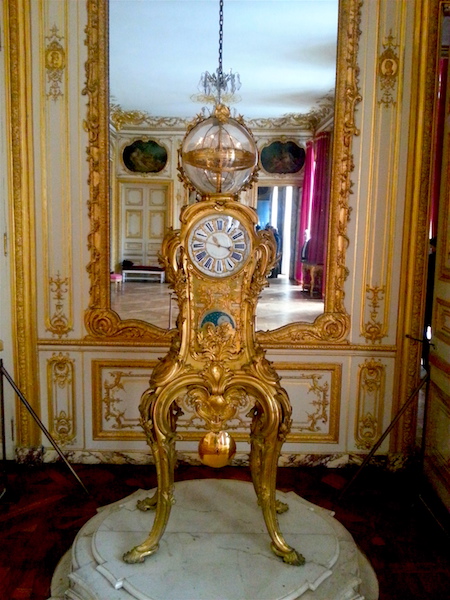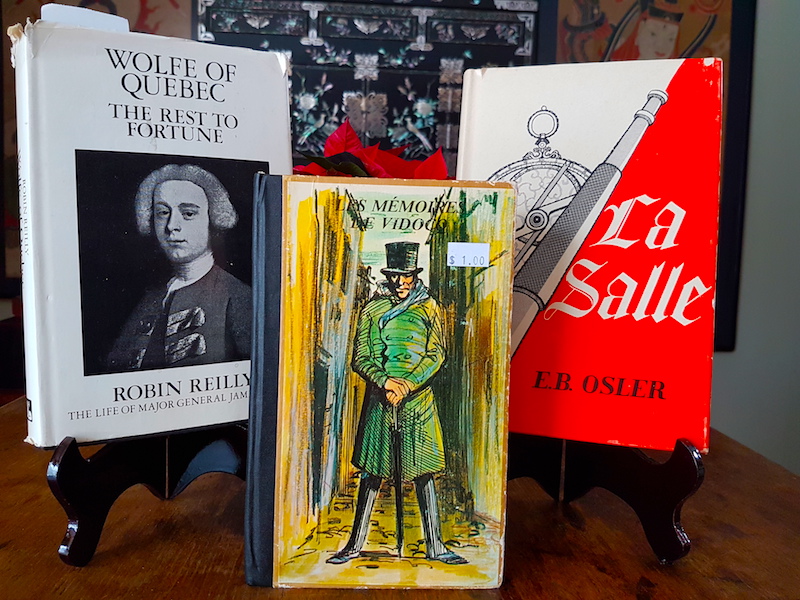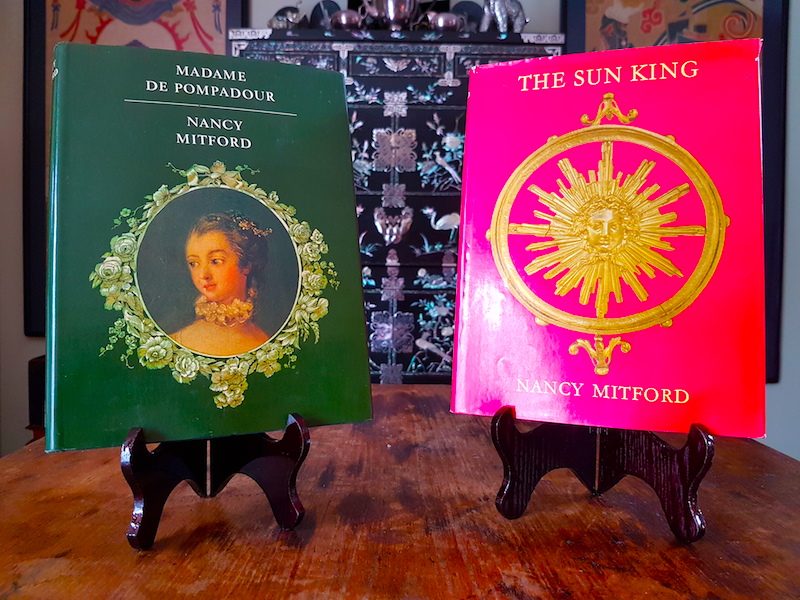La Maréchale d’Aubemer, Nouvelle du XVIIIème Siècle, or The Widow of Field Marshal d’Aubemer: A Novella of the 18th Century, posthumously published in 1867, is a novel by the author and memoirist Madame de Boigne, born Adélaïde d’Osmond (1781-1866). Mine is the first English translation, available here for the first time anywhere.
In Chapter 6, the shortest of all the chapters, Henri d’Estouteville becomes a regular visitor to Mme d’Aubemer’s salon.
THE WIDOW OF FIELD MARSHAL D’AUBEMER: A NOVELLA OF THE 18TH CENTURY
CHAPTER 6
Regrets and Hopes
“When are we leaving, Lionel?” said Mme de Saveuse before finishing her letter to her mother.
“I can’t really say. My affairs are well in hand…but they require my presence.”
He smiled indulgently to himself at the fatuity of his words. Mme de Saveuse sighed and finished her letter without naming the date1 that she wished for with all her might.
In the account she had given the Maréchale of the previous night’s ball, she had not omitted to speak of the goodness with which M d’Estouteville had come to her aid in the moment of her greatest isolation and shared out the expressions of her gratitude between him and Mme de Rieux. Though less struck by Henri’s generosity in looking after such a lovely person, Mme d’Aubemer was grateful to him for his conduct towards her favourite at a moment when he had evidently been useful, and when he appeared at her evening party, she welcomed him benevolently and reproached him for having neglected her. He hadn’t known, he said, that her door was open to the vulgar herd. Mme d’Aubemer joked about that expression being applied to the marvellous Henri d’Estouteville; he defended himself wittily, and the conversation was gay and animated when Mme de Saveuse entered. She thanked M d’Estouteville simply and openly for the assistance he had given her. He seemed a little embarrassed by this frankness and withdrew almost immediately.







